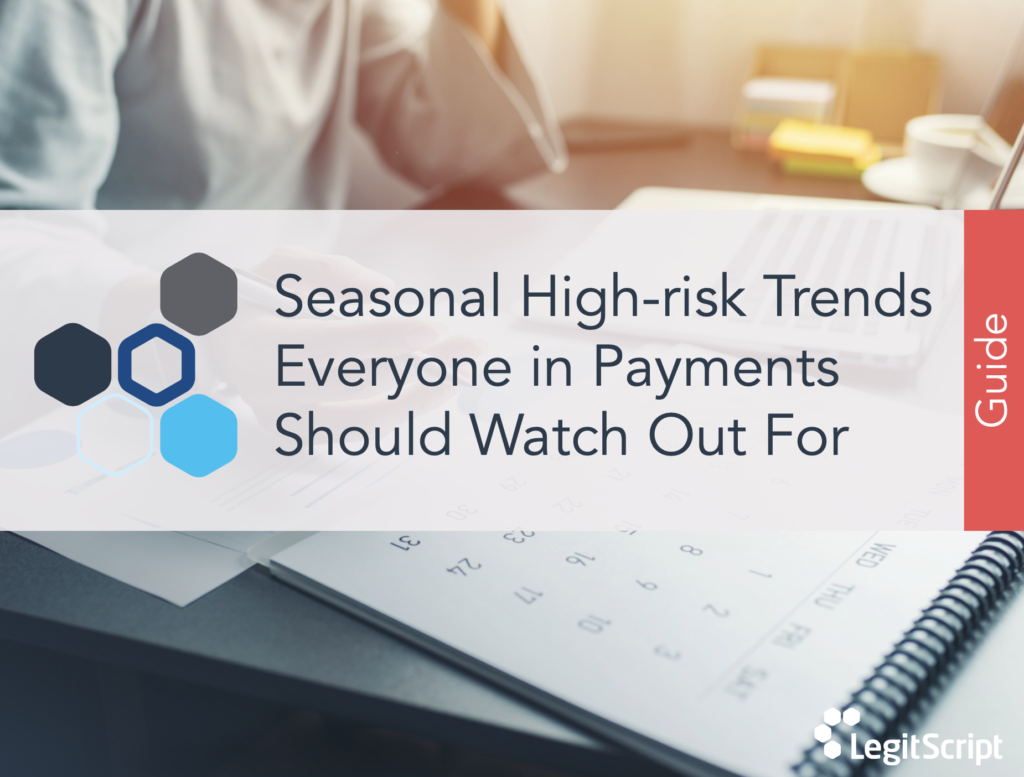According to the Center for Responsible Lending (CRL), payday loans increase around the holidays, likely because many consumers need extra cash for holiday shopping or travel. It’s for this reason many online payday lenders make an aggressive marketing push during this season, and why payment service providers should be on the lookout for predatory lenders entering their ecosystems.
During this time of year, payday loans are often marketed as “Christmas loans” or “holiday loans.” It’s important for consumers to read the fine print to understand what type of loan they are undertaking.

Payday loans can trap people in an endless cycle of borrowing; in fact, the CRL notes that more than four out of every five payday loans are re-borrowed within a month, and that these lenders earn most of their revenue from borrowers who take more than 10 loans a year.
The lending industry is highly regulated, and there have been efforts to protect consumers from predatory loans. The Dodd-Frank Act empowered the Consumer Financial Protection Bureau to create rules to discourage predatory lenders, with a particular focus on payday lenders. Even so, businesses that offer loans with repayment plans through their merchant accounts present considerable regulatory and credit risk.
The risk and the elevated potential for regulatory action typically leads payment processors to limit their exposure to lending, particularly with online lenders. For payments companies that accept these types of merchants, it’s important to watch out for indicators of problematic activity. Lenders making an aggressive sell and promising easy, fast cash may warrant further scrutiny.
What to Watch Out For
- Merchants offering a wide range of loan types
- Merchants guaranteeing fast approval, in hours or even minutes
- Websites that state that anyone can borrow, regardless of credit
Want to learn more about various high-risk trends occurring throughout the year? Download our Seasonal High-risk Trends Guide.






